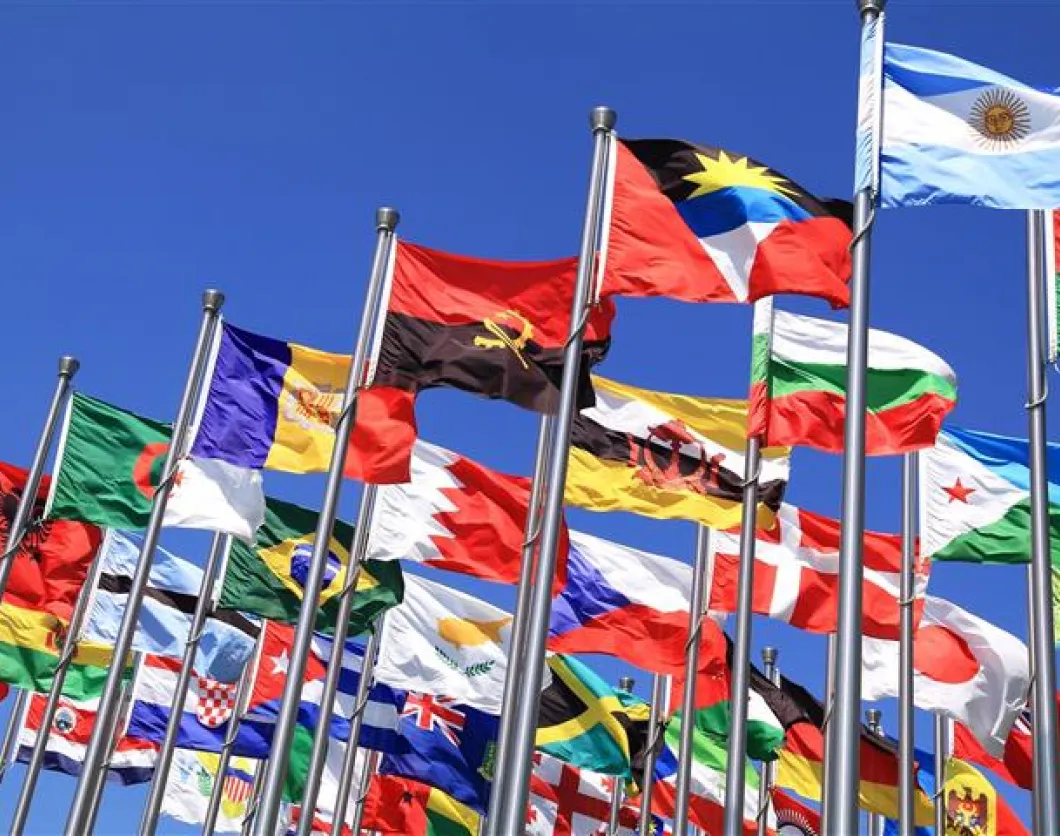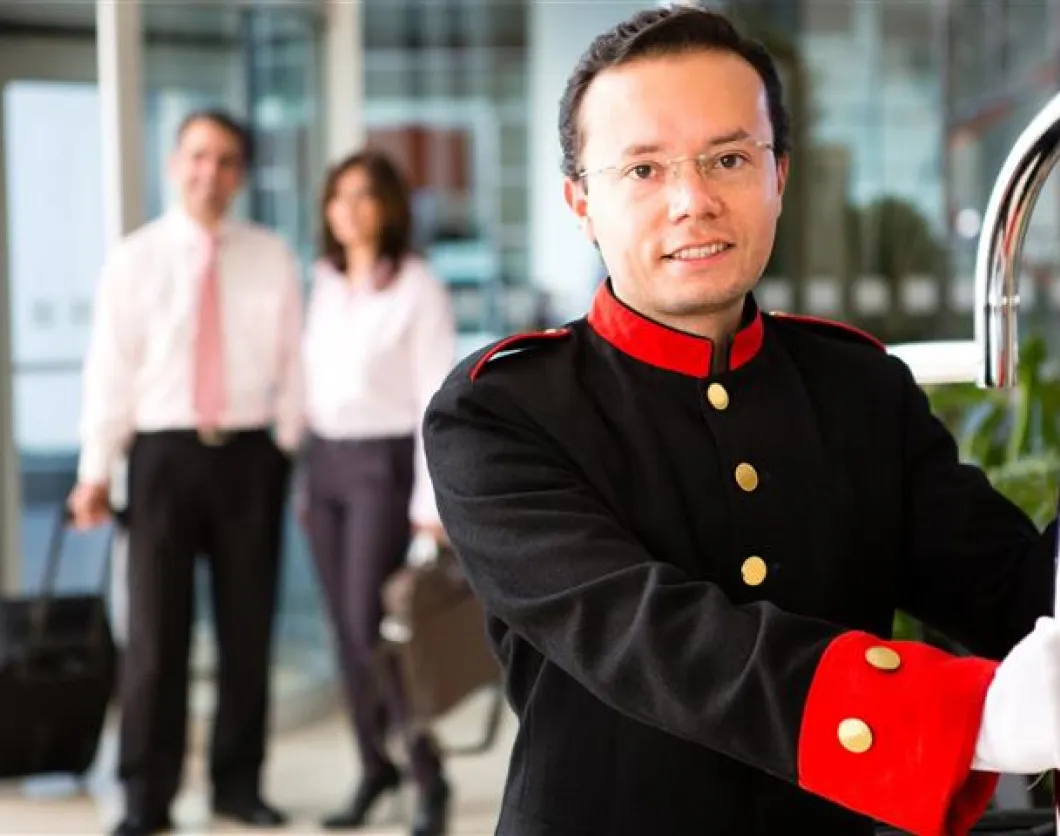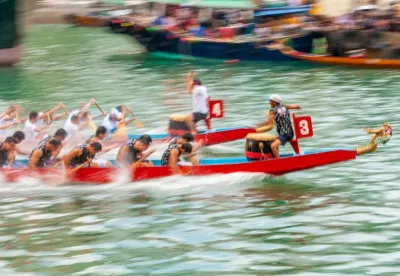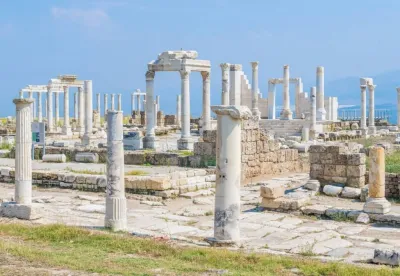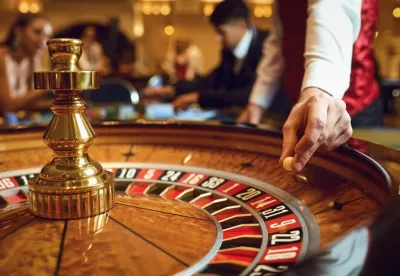Although many tourism practitioners believe that they are marketing a destination, it might be more accurate to call travel and tourism: “marketing with a destination”. All too often, travel and tourism professionals are so businesslike that they forget that the basis of a great marketing program is "a passion-for-excellence." Tourism marketing is dependent on four intangibles: good luck, hard work, a sense of integrity, and a passion for people.
New Ideas Demanded
Tourism marketing however needs ingenious and fresh ideas. All too often we see the same photo used in various locale’s brochures. The all too often marketing hype has led many people to see travel as a post-enchantment phenomenon. Thus, although there is little that we can do about our luck, the other three intangibles are within our control. Tourism and travel is a field that demands that its providers come to work with a smile on their face and the desire to serve their fellow human beings.
A paradox in tourism marketing is that although travel is inherently motivated by the enchantment that comes from the unknown, due to rules, regulations, and sometimes greed on the part of the tourism industry, travel is often more work than pleasure. When once getting there was part of the fun, all too often travel produces more stress than fun and more work than relaxation.
Despite this paradoxical change it is incumbent on tourism marketers to ask themselves if tourism marketing strategies still primarily rely on the rational and the cognitive rather than on the emotional and feelings.
Often tourism marketing practitioners labor under the assumptions that tourism can be reduced to statistical categories and that these assumptions lead tourism's marketers to develop promotional materials and facilities that are aimed at an industrial version of mass travel that may no longer soon exist in the developed world.
Because advertising and marketing programs are not cheap, tourism marketing is often all about how quickly we can convert a piece of advertising into the numbers of people who respond to the ad. The problem may be that tourism promotional materials have lost a sense of enchantment, and in a world filled with travel hassles, the marketer needs to reclaim the magic of tourism. Here are some of the realities of our post-enchanted travel world and what we need to do to face an ever changing paradigm.
Effective Marketing
In a world of gangs, terrorism and increasing crimes against tourism no one is safe and fear has tempered the fun of travel. In such a world use your police force and security personnel to become part of your marketing scheme. Create films and personal interactions that show what your police department has to offer to event planners and tour groups.
Consider ways to personalize your marketing rather than using a one size fits all approach. In today’s world, visitors want to be addressed in a personalized manner rather than as merely one more face in the crowd. For example find ways to use word-of-mouth advertising in which genuine emotions are displayed.
Create vacation products that take into account that we live in a world of short timeframes and rapid experiences. The classical two week middle class road trip exists only in the hyperreality of "Ozzie and Harriet" reruns on television. Instead, find ways to show people that they can do more in less time.
Market to the needs of individualized affinity groups. That means that even at a congress or convention a variety of meals need to be offered so that those who do not eat meat or pork products have their needs also met. The key to innovative marketing is the realization that tourists are more diverse than ever.
Good marketing also depends on the marketers’ personal attitude. That means that those who are in the business of marketing need to ask themselves questions such as: Why did I enter the field? What do I get out of interacting with visitors? Remember that staff members are also people with a wide range of opinions and ideas?
Get Personal
The way that you arrive at your marketing campaign may be as important as the campaign itself. Make sure that everyone in the marketing campaign has the same standard of success and that other people in your office share your marketing goals and desired outcomes.
Develop simple and straightforward strategies. All too often we create grand schemes that may be so complicated that our colleagues and customers fail to understand where we want to go. Build a strategy that speaks to the emotions and with which each person can connect. Remember that nothing inspires a marketing operation like a success.
Show genuineness and be yourself. No matter what the destination offers, the post-enchanted tourist will shun the ersatz for the genuine. Locations that are "real" and touch our emotions will have the potential of becoming major destinations. In a like be special and unique. That means being who you are and not what you think others want you to be. Artificiality leads to a state of virtual unreality in which the locale's marketing campaign ceases to attract tourists especially for a second time.
This new post-enchanted era, the travel and tourism industry our marketing must be unique and tailored to meet the constantly changing needs of a clientele that is never quite the same as it was the year before.
By Dr. Peter Tarlow (President and Founder of Tourism & More Inc.)



